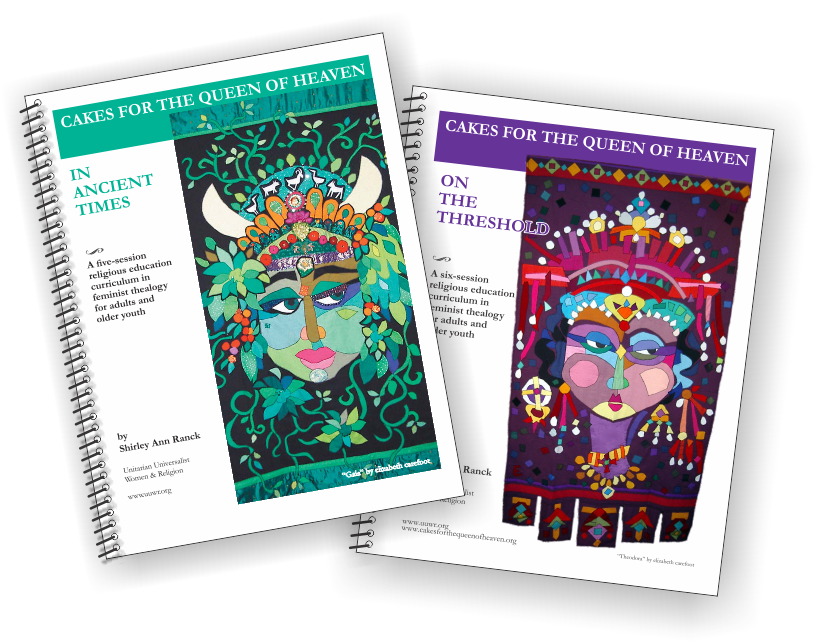GUEST SPEAKERS AND WORKSHOP LEADERS
- Speakers and workshop leaders should receive a letter in the nature of a contract specifying what they agree to do, when, where, and what payment they are receiving, either as honorarium or expenses. A speaker receiving a substantial sum of money should be asked to sign and return a copy of the letter as confirmation.
- It is reasonable to ask a speaker who is being reimbursed for expenses to choose as economical an air fare as possible, In fact, it is wise to put this in the letter of agreement.
- Workshop leaders are entitled to know whether they will be reimbursed for supplies they provide.
- Some guest speakers like a lot of direction; others prefer to plan their own programs with as much freedom as possible. It is worth it to find out early what preferences a given speaker has. Above all, speakers and facilitators need to have a common understanding about how much freedom speakers have.
WORKSHOP ARRANGEMENTS
- How many workshops occur during the conference depends in part on the physical plant. If relatively few rooms, or only small ones, are available, it is possible to stagger workshops.
- It is important for people's comfort not to allow workshops to become over-crowded. One way to control the size is to make sign-up sheets with numbered lines for participants.
- If there are space limitations, it is possible to accommodate a popular workshop by offering it twice. (This also helps participants make fewer agonizing choices between interesting workshops which fall at the same time.)
- When planning workshops, it is good to offer a variety of options that will appeal to a diverse group, including thinking, feeling and artistic endeavors.
- Workshop leaders should be asked to turn in a form giving the title and a brief description of the workshop, a short autobiographical note, an indication of how they want their space set up (theater style, chairs in a circle, etc.), and equipment they need. (See Appendix J: Sample Workshop Information Form.)
- The conference program should include a biographical note on the workshop leaders as well as the title and short description of each workshop.
- Setting aside a space with refreshments, where participants can relax and get acquainted when they first arrive, can help to facilitate community-building.
PUBLICITY
- A press release should be mailed to interested societies, newsletter editors, etc., approximately three months before the conference, giving its dates, location, theme, and special guest speakers.
- The registration brochure should be mailed to the sponsoring organization's mailing list six or seven weeks before the conference. This may be separate from, or as a part of, that organization's newsletter.* If brochure is mailed separately, be sure to check if that cost must come from conference budget.
- If it is feasible to have participants indicate workshop preferences on their registration forms, that advance information can help planners select an appropriately sized room and the amount of supplies needed for each workshop. (Understand that some participants will feel free to alter choices once there.)
* Such as FL District W&R Womanspirit.
GENERAL VOLUNTEER WORK
- Volunteers usually need to be recruited personally. Asking for volunteers generally does not get them.
- Volunteers are entitled to know as precisely as possible what they will be doing.
- Volunteers are entitled to know reasonable deadlines for their tasks as well as approximately how many hours of work are involved.
ACCOMMODATIONS
- If possible, find a nearby hotel/motel willing to offer a conference rate for a block of rooms. Some may also offer a flat rate for a room and allow as many as four to share it and split that flat rate. Hotel/motel information, including phone number, address, directions and rate range, should be included in conference brochure.
- Participants with limited income often appreciate having home hospitality available. Providing such may involve a lot of time-consuming and troublesome maneuvering, however. Facilitators may want to avoid it unless the host society already has a home hospitality squad in operation. The conference facilitator should never attempt to manage it, but instead should put someone else solely in charge of home hospitality.
- Some societies have grounds which lend themselves to safe, secluded camping — or are willing to have participants "camp" in specified rooms in the building. Consider this as an alternative or augmentation to home hospitality. A modest fee might be charged to offset building rental/clean-up costs. (It is a nice touch to designate "late night talkers" and "early risers" rooms and tent sites to accommodate differing internal time clocks.)
- It is important to find out whether the sponsoring organization has a policy about child care availability.* Nursing mothers are commonly invited to come with their babies.
* Policies of FL W&R and FL District UUA both require child care availability at all events.
SIGNS, PACKETS, AND PEOPLE
- When planning how to provide information to participants try to visualize a stranger coming to the conference site. This person should receive as much information as is needed to be self-directed throughout the conference.
- There should be a BIG SIGN outside, or at the door, announcing where to find conference registration.
- Helpful information in a registration packet includes:
- complete schedule with locations for each event.
- map of conference site.
- description of workshops with biographical note on leaders.
- quotation or short theme statement for the conference and a note about the guest speaker.
- conference evaluation form.
- list of participants with addresses and phone numbers. This may be provided after all have registered in order to include everyone present; and should include a statement as to how the list may be used.
- Participants will not have their packets in hand every minute. Thus, it is also helpful to have a prominent sign in a central location giving the over-all schedule.
- It is also useful to have directional signs to outlying rooms — and to rest rooms.
- Finally, it is helpful to have people from the host society wear special identifying name tags and have them stand and be introduced at the beginning of the conference so that participants can easily spot them as appropriate people to ask questions about the site.
* FL W & R policy: The participant list prepared at each event will indicate that: "This list is only for the personal, non-business use of each participant." (2-11-96)
VENDORS - ARTS AND CRAFTS SALES
- Conference participants usually like the opportunity to buy and sell such items as books, jewelry, buttons, bumper stickers, and various art objects. A sales bazaar is usually a popular place between programs.
- The conference facilitator needs to know whether the sponsoring organization has a policy limiting sales to items made by the participants, or, at least, to sales by participants.
- The conference facilitator needs also to confirm any policies on charges to vendors: flat fees for use of space or percentage of profits donated for specific purposes (such as scholarships for future events).
- Registration forms should include a check-off box for vendors and name of person to contact about fees and space availability.



